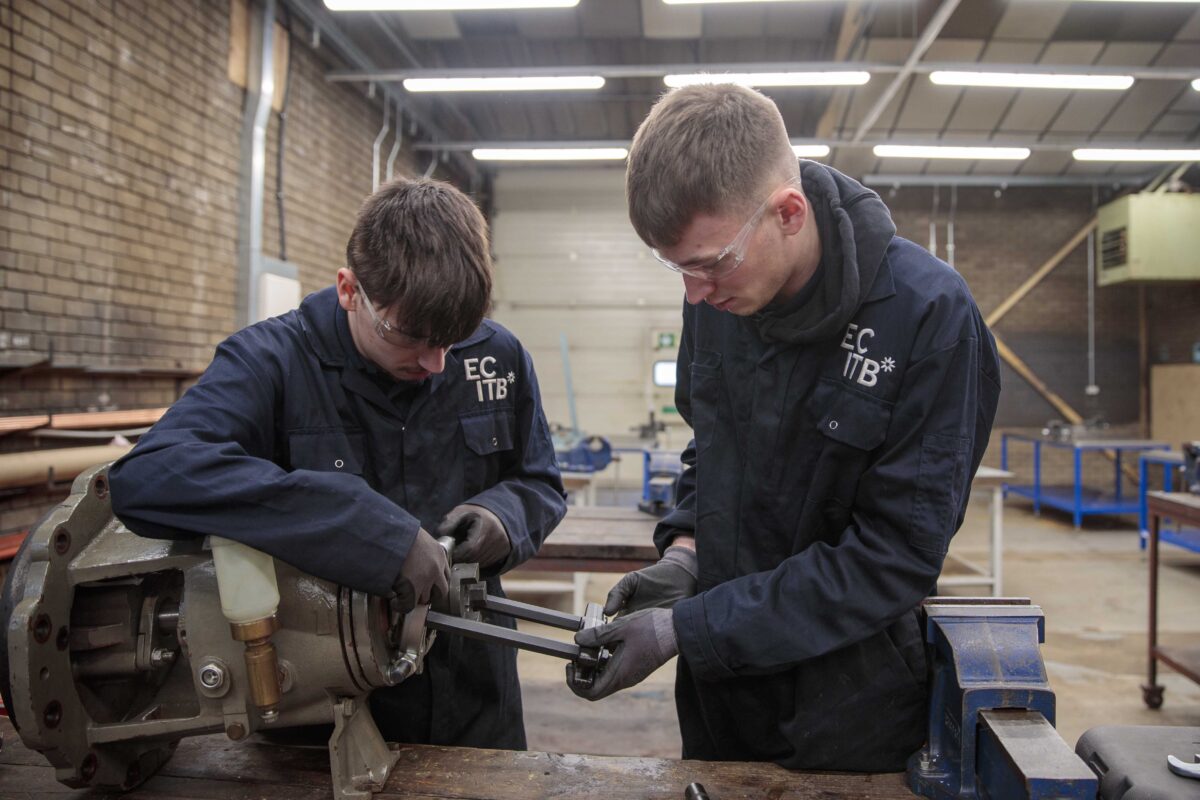Level 2 and 3 qualification reforms – a forward look

Karl Anderson explains why the new employer-led approvals system for level 3 technical qualifications is needed and how it will work.
All the key reviews and reports on technical education over the past decade have highlighted the need to make sure businesses value skills training more.
We need them to have full confidence that government-funded technical qualifications are worth investing in to train and upskill their workforce and can be used as a reliable indicator of the quality of job applicants when recruiting.
Dating back to the Wolf Report 2011, it was noted that too many qualifications being offered students did not satisfy the needs of employers. The influential Richard Review of Apprenticeships, published a year later, and 2016 Sainsbury review of technical education reached similar conclusions and while we have come a long way since with the employer-led reform programme there is still lots to do.
With the passing of the Skills and Post-16 Education Act, and the powers contained within it, IfATE has been given a central role in ensuring that employers have their say in the development, approval, and ongoing review of all technical qualifications from levels 2 to 5. We already approve T Levels and Higher Technical Qualifications and are now moving onto wider levels 2 and 3 qualifications.
IfATE is confident that our role in this process is a value add
By making sure everything works for businesses, we will provide colleges and students with the assurance they need that qualifications are valued in the labour market and well-placed to set people off on successful career paths.
Approved qualifications will follow the same occupational standards we helped employers create for apprenticeships, T Levels and HTQs. They set out the knowledge, skills and behaviours needed for each occupation. This all follows IfATE and the government’s ambition to drive up quality and rationalise the post-16 skills training landscape, making for easier comparability and transferability within the system.
Our new approval system for level 3 is built around IfATE’s employer demand test. Put simply, is there likely to be demand from employers for a student who has achieved the submitted technical qualification? To meet this requirement, awarding bodies will need to demonstrate direct employer engagement activities and evidence of targeted research.
It’s important to say that IfATE is working closely with Ofqual and DfE to ensure the role that each organisation plays in the process is clear for stakeholders, streamlined, and coherent. That means awarding bodies will only be required to submit one set of documents for approval to IfATE and Ofqual. IfATE will also not charge any fees for submissions for approval in submission cycles set out in the consultation. Once approved by IfATE, the Department for Education will then review our decisions, allocating funding to those which meet their funding criteria.
The plan is for all approved qualifications to be presented on our occupational maps, which IfATE is making simpler for employers and colleges to engage with. These show opportunities for students to progress across all the occupations for which apprenticeships and technical qualifications are available.
Which sectors are under consideration first?
The first sectors under consideration will be construction and the built environment, digital, engineering and manufacturing, education and childcare, and health and sciences. Awarding bodies will be able to submit qualifications for approval in summer of this year and the new wave of strengthened technical qualifications will be available for first teaching from 2025.
DfE will be hosting a series of webinars, with IfATE and Ofqual, explaining how the reforms will work. Support documents and pre-recorded webinars for the technical approval process can also be accessed from our website. We can also be contacted with any further questions at ifate.post16@education.gov.uk
We expect that all apprenticeships and technical qualifications will have been pulled into the same simplified and higher quality system by 2030, aligned around occupational standards which will give employers, colleges and students confidence in the skills they deliver.
This is an exciting time for technical education, and we look forward to working collaboratively with the sector to bring about real and lasting change.











Responses